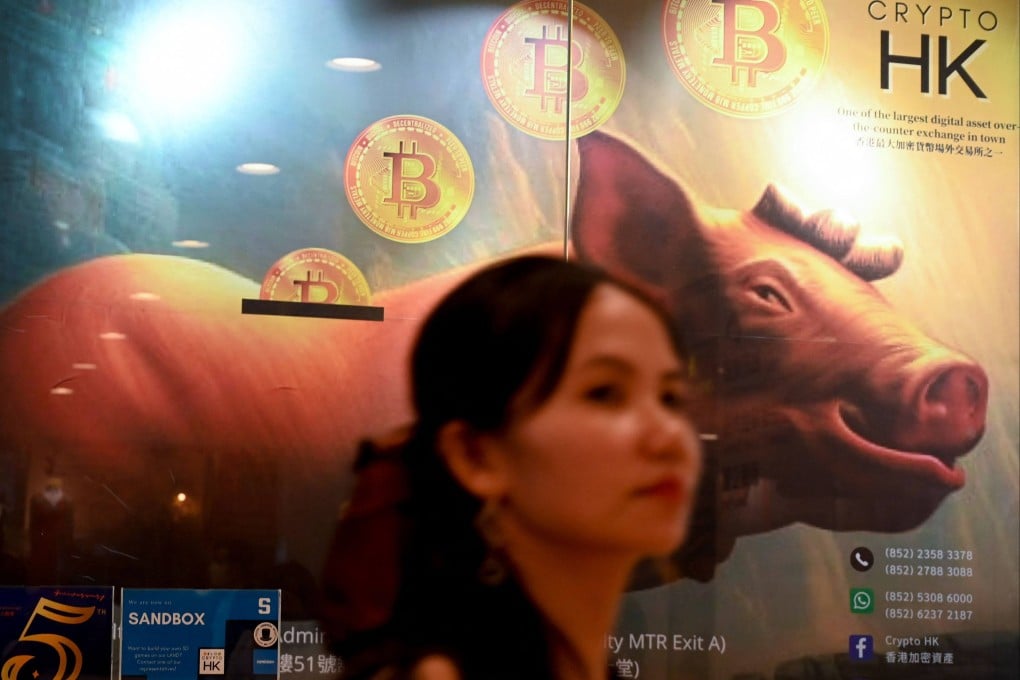Advertisement
Opinion | Lessons from JPEX: Hong Kong’s cryptocurrency retail investors must be better protected
- The Securities and Futures Commission has put up guard rails but Hong Kong still lacks a cohesive education and protection ecosystem to underpin the regulation
Reading Time:4 minutes
Why you can trust SCMP
2

Last year’s cryptocurrency winter had Hong Kong regulators rightly congratulating themselves. An abundance of initial caution and incremental approaches since 2017 to formulate a regulatory regime for cryptocurrency trading meant the city dodged a reputational bullet.
FTX was based here, got annoyed with our perceived tardiness, dabbled in regulatory arbitrage and fled to the Bahamas in 2021, where it subsequently imploded to unveil a monumental fraud.
Singapore’s reputation was smeared, after already suffering from the collapse of Three Arrows Capital and Do Kwon’s algorithm-based Terra and its native token, Luna. Temasek Holdings, the gold standard of astuteness, had to write off US275 million after putting Singapore’s sovereign wealth in FTX.
Advertisement
With Singapore’s cryptocurrency ambition on the ropes and Dubai’s intentions explicit, Hong Kong entered the fray. The government was lobbied to open up the licensed market to retail investors, to prevent unsophisticated traders from using unlicensed or overseas exchanges and being exploited. This was what happened with JPEX, the unlicensed cryptocurrency platform accused of scamming investors.
There have been official noises about investor education and protection. But it’s debatable whether greed can be legislated away when saturation marketing and social media influencers have so much more immediacy. Singapore tried and banned cryptocurrency promotions.
Advertisement
Hong Kong’s Securities and Futures Commission (SFC) has put up guard rails for retail investors but we still lack a cohesive education and protection ecosystem to underpin the regulation. Such a ecosystem would unify the police, SFC, the monetary and customs authorities, the cryptocurrency lobby, banks and, crucially, the public as citizen vigilantes.
Advertisement
Select Voice
Select Speed
1.00x
